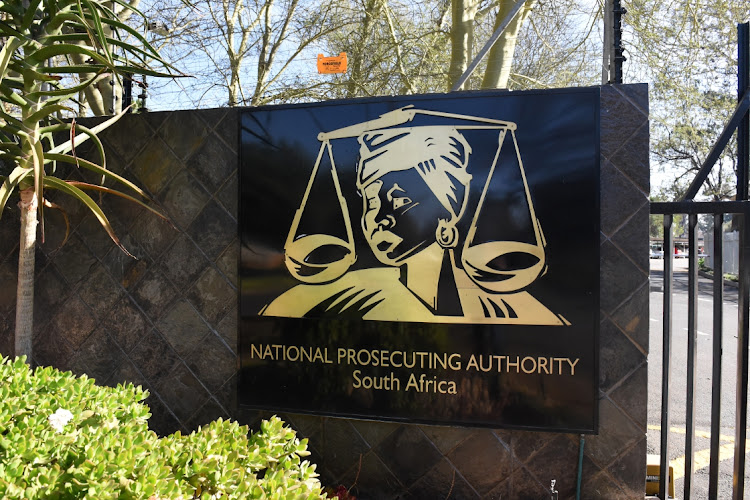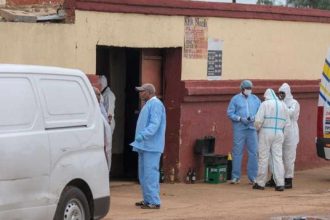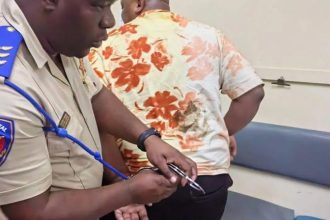In South Africa, corruption continues to plague the nation’s public institutions, threatening to undermine efforts for justice and accountability. During a Standing Committee on Public Accounts (Scopa) meeting on November 20, chaired by Songezo Zibi from RISE Mzansi, it was made clear that the National Prosecuting Authority (NPA), Directorate of Priority Crime Investigation (DPCI), and Special Investigating Unit (SIU) are facing immense challenges in their fight against corruption.
Advocate Shamila Batohi, the National Director of Public Prosecutions, underscored the urgency of the situation, stating, “We are at a critical juncture where our ability to prosecute high-level corruption is being tested. The resource constraints we face are not just numbers on a page; they translate into real consequences for our justice system.”
These challenges were mirrored by concerns from committee members, who expressed the need for immediate institutional support and an infusion of resources. The situation is dire, with corruption cases mounting as institutions struggle to cope with an overwhelming caseload.
The Strain on South Africa’s Institutions
The SIU has recently referred 350 cases involving Transnet to the NPA, exposing extensive procurement fraud that has cost taxpayers billions of rands. Transnet, once seen as the backbone of the nation’s logistics and transportation infrastructure, now faces allegations of fraud, mismanagement, and conspiracy, painting a grim picture of the state-owned entity.
As of now, the NPA has 3,139 cases pending in court and over 8,200 investigations in progress. This staggering backlog reveals not only the extent of the corruption but also the systemic inefficiencies that plague the NPA and other state institutions. Zibi echoed public frustration, urging, “The public expects results, and we cannot afford to let these cases drag on indefinitely.”
Despite the NPA’s commendable efforts, the agency is struggling to keep up with the mounting pressure. Batohi stressed the importance of securing additional funding for training and technology to enhance investigative capabilities. The inability to retain skilled professionals, lured away by higher-paying private sector opportunities, further complicates the issue. Zibi added, “If we want to tackle corruption effectively, we must invest in our people.”
Political Interference and the Threat to Independence
Political interference continues to be a persistent challenge. Advocate Andy Mothibi, head of the SIU, highlighted the need to ensure the NPA and other prosecutorial bodies operate free from political influence. “For justice to be served, we must ensure that our prosecutorial bodies operate free from political influence,” he remarked, stressing the need for a strong legislative framework to safeguard the independence of these institutions.
The looming greylisting of South Africa by the Financial Action Task Force (FATF) further complicates the situation. Batohi warned, “Being greylisted damages our reputation internationally and complicates our efforts to attract foreign investment.” The greylisting impacts South Africa’s ability to effectively combat financial crime and heightens the scrutiny placed on the country’s law enforcement agencies.
Collaboration is Key
One of the key themes emerging from the Scopa meeting was the need for enhanced collaboration among South Africa’s law enforcement agencies. DPCI head Lieutenant General Godfrey Lebeya stated, “Collaboration is essential if we are to address these complex cases effectively.” Despite overseeing more than 11,359 active dockets, the lack of interagency cooperation has resulted in stagnant investigations.
The SIU has called for measures to improve coordination and promote accountability within state agencies. Mothibi emphasized the importance of creating an environment where information can flow freely between institutions.
The Transnet Scandal and Financial Consequences
The Transnet affair exposes the staggering scale of corruption within the public sector. Estimates indicate that fraudulent contracts may have led to losses exceeding R1 billion. These losses are especially concerning given the country’s struggle to recover from the economic fallout of the Covid-19 pandemic.
“The scale of corruption we are uncovering at Transnet is unprecedented and highlights a systemic failure in governance,” said Mothibi. The revelations underscore the urgent need for comprehensive reforms to prevent further abuse and to restore accountability within state-owned enterprises.
Call for Immediate Action
Civil society organizations and opposition parties have expressed growing frustration with the delays in prosecuting high-ranking officials involved in corruption scandals. The impatience within Parliament is palpable, with increasing calls for swift action to hold those responsible accountable.
Batohi’s closing remarks emphasized the critical importance of restoring public trust in the criminal justice system: “Public confidence in our criminal justice system hinges on our ability to deliver justice effectively. We must rise to this challenge or risk losing faith in our democracy.”
Conclusion: A Call for Systemic Reform
The challenges faced by the NPA, DPCI, and SIU are significant, but they are not insurmountable. The situation calls for a coordinated effort among government officials to strengthen these institutions by providing them with the resources, support, and independence they need to combat corruption effectively. Without systemic reform, South Africa risks being trapped in a cycle of corruption that will continue to erode the public’s trust in government institutions.












